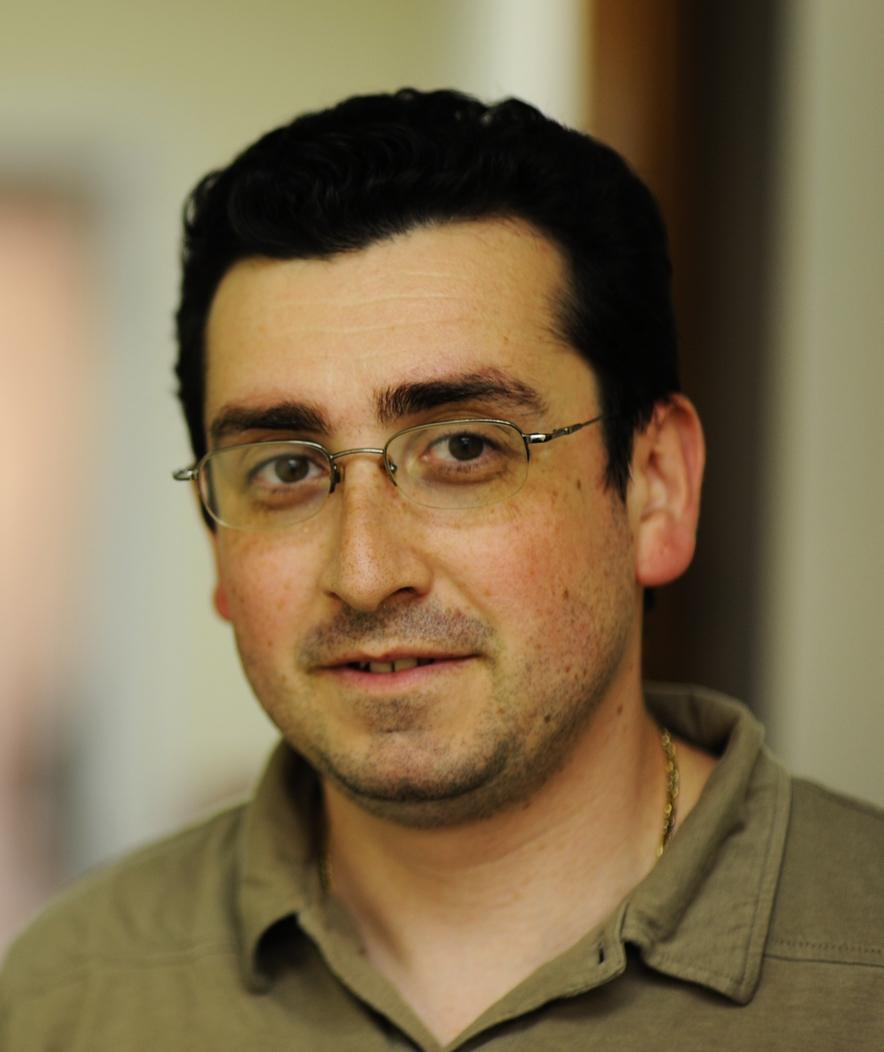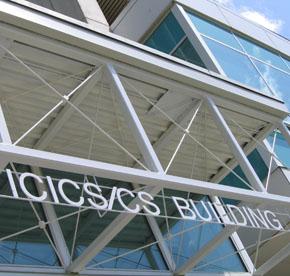Computer Vision Researcher Wins Killam Accelerator Fellowship

Computer Vision has everything to do with imagery, visual depiction, and imagining what’s possible.
Dr. Leonid Sigal, a computer science researcher and associate professor at UBC who specializes in Computer Vision, has long been imagining all that’s possible with his research. And now, he can accelerate those possibilities thanks to recently receiving the UBC Killam Accelerator Research Fellowship award.
After attending the virtual presentation in May, Dr. Sigal said, “It was such a great honour and I am deeply humbled because I have many great colleagues who were equally as deserving to win. I was genuinely pleased to be nominated, but truly surprised to win.”
Offsetting the teaching load
An award to promote focused research, The Killam Accelerator Award recognizes exceptional, early-career researchers at UBC. The awardees must have demonstrated outstanding research achievement and the potential for significant impact in their fields. The nominees must be full-time, recently-tenured faculty who are no more than 15 years post-PhD. Winners receive a one-time research allowance of $50,000, and funding of $60,000, provided to the awardee’s academic unit, to be used within a two-year period to help offset their teaching load. That means the recipient does not have to teach for two terms and are able to focus solely on their research.

“Academically, I am kind of a newbie,” Leon said. “I have been at UBC since 2017 in my current role as an associate professor, but my overall research trajectory has a longer history.” Since completing his PhD in 2008, Leon held jobs as a Research Scientist and Computer Vision Group Lead at Disney Research. Currently, and for the past three years, he has been a faculty member of the Vector Institute for AI and is an academic advisor for Borealis AI.
The award is timely in Leon’s opinion, as COVID 19 stalled research work considerably in his Computer Vision research group (like in many groups at UBC). He is eager to get back up to speed and make up lost ground with this subsidized boost. “I view this extra time to focus solely on the research as a gift, and it will be exceedingly valuable in terms of making progress.”
"The students deserve the real credit here, as they have been phenomenal in helping to drive the research."
Imagery and synthesis
Leon’s research can be characterized into two major themes, namely, visual imagery analysis and synthesis. Within the theme of analysis (or perception), the group works on: trying to integrate different modalities of data beyond just vision, including text and audio; efficient learning with less data; self-evolutionary models based on data already processed; and structured learning (models that solve multiple interrelated tasks jointly, in tandem).
The synthesis theme involves making computers creative in orchestrating and designing images, and making imagery extremely realistic, while allowing for a high degree of specific alterations For example, a user can specify that an image should contain a person in a specific pose, or wearing specific attire, and standing next to a tree, while allowing the computer to fill in the remaining unspecified details and background.
Leon is excited to push this research forward over the next year. “The field has now grown to the point where some of the individual components are working quite well, but we want to bring them together into more holistic and efficient general visual perceptual systems, and deploy some of these improved tools. I think part of the appeal of the research I’m doing (and perhaps why I won) – is that the work has a lot of potential intellectual and societal impact,” he said.
Success through collaboration
“One thing I need to emphasize,” Leon said, “is that for all of my successes throughout my career, I am indebted to my students, colleagues and collaborators. The students deserve the real credit here, as they have been phenomenal in helping to drive the research.”
Leon has a longer term goal in mind as well. Beyond the current success of his research group, he wishes UBC Computer Science to continue being a powerhouse in the field of Computer Vision to keep growing a legacy that is always expanding and driving forward. We’re pretty sure it’s precisely that kind of forward-thinking vision that helped Leon win the fellowship.
More about Dr. Leonid Sigal
The Killam Accelerator Research Fellowship
The award was established through a bequest from the late Dorothy J. Killam, and strengthens UBC’s support for early-career researchers who are ready to launch the next stage of their careers. Offered on a competitive basis, up to six awards will be made annually through the Izaak Walton Killam Memorial Fund.